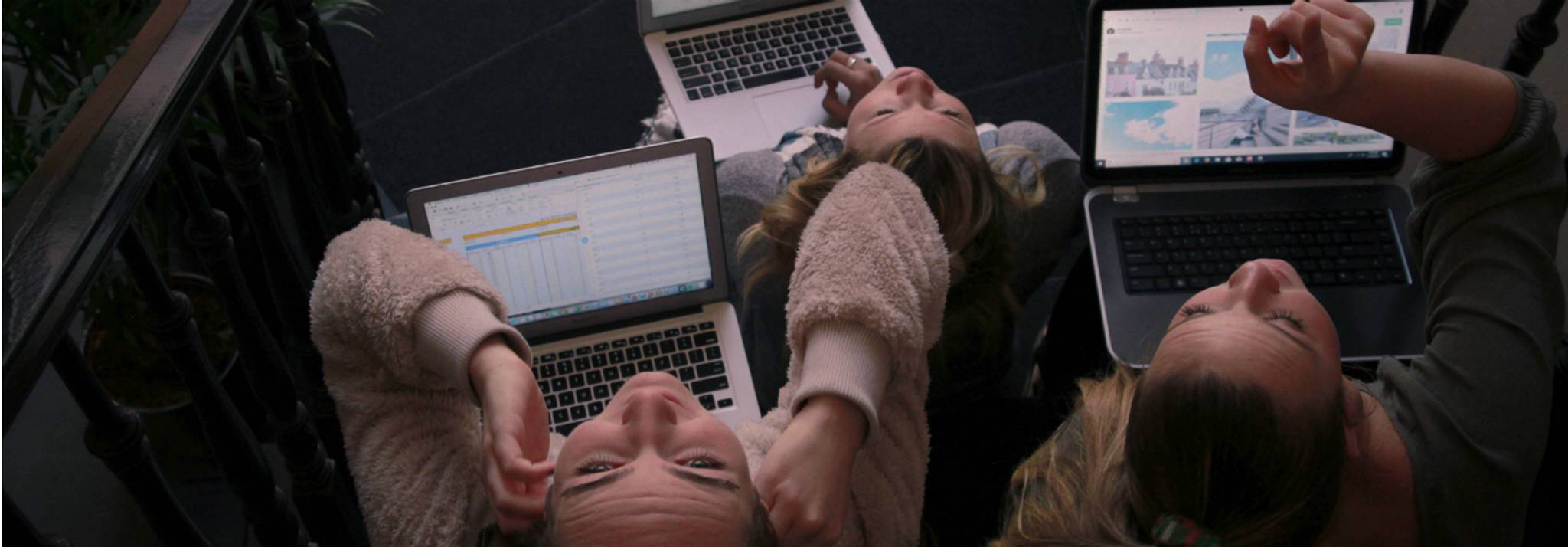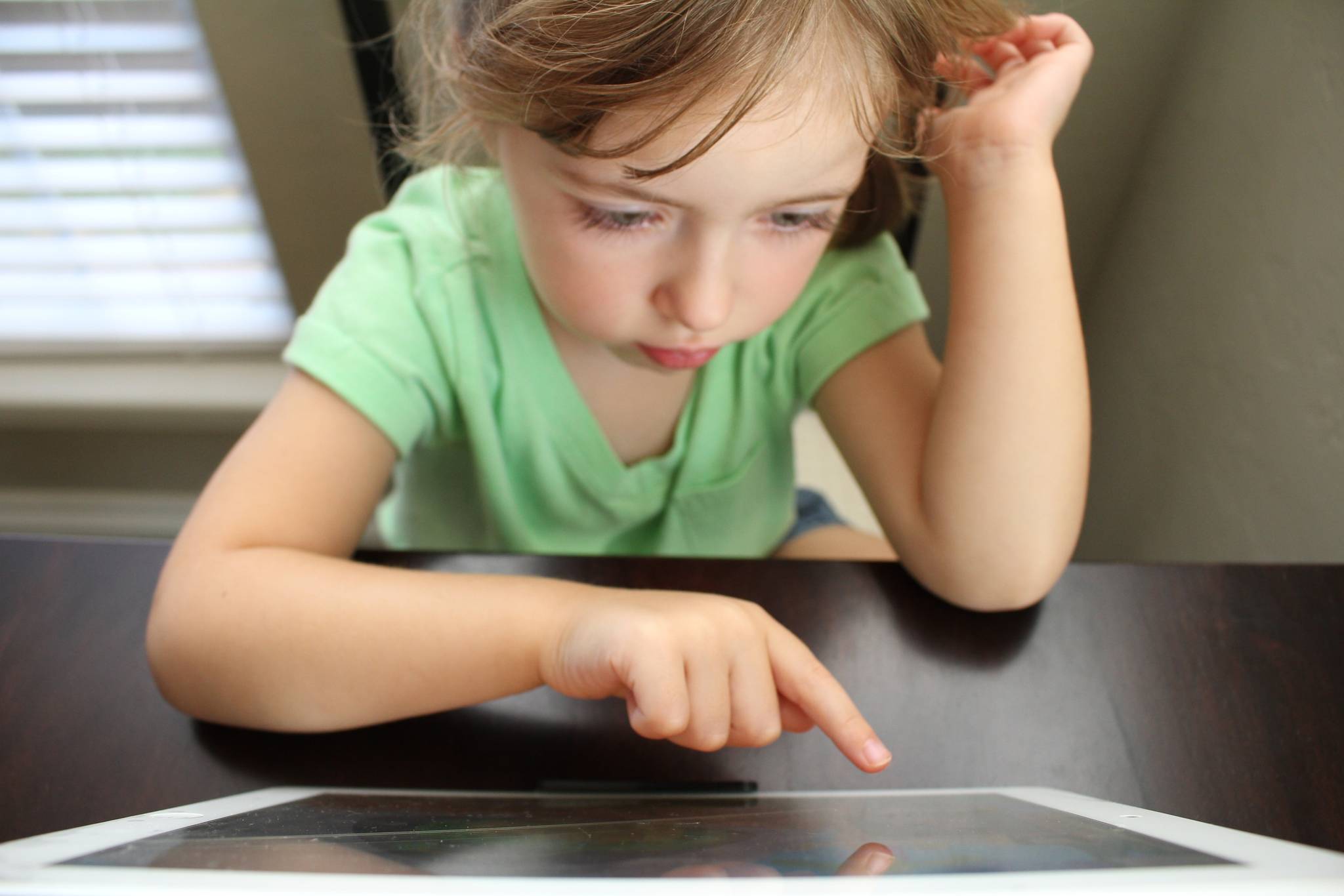
It’s natural for parents to worry about their kids’ mobile use, but a survey shows that Dutch teens are just as concerned about how much time they spend scrolling. Amid growing awareness of the negative consequences of screen time, Gen Z are keen to build healthier digital habits. We explore the human insights behind this self-aware use of screens.
An I&O Research survey that asked people between the ages of 10 and 22 about their screen-time habits found that, on average, young people spend 3 hours and 20 minutes per day looking at their phones, tablets, or computers. However, most agreed that 2.5 hours is the ideal amount of time to spend online, indicating a desire to cut down. Half of the respondents believed that screen time leads to problems sleeping and concentrating, as well as back and shoulder pain. This comes just months after several studies were published showing that screen time leads to weight and eye problems.
Gen Z are acutely aware of the impact screen time is having on their health. In one study, 88% of 11-24 year olds said they think screens negatively impact their sleep. And screen-time has its benefits – such as allowing you to socialise with a wider group of people and entertain yourself –people were also concerned about the negative effects of screens on their 'playtime' (41%), as well as their mental health (35%).
Nearly two-thirds (61%) of parents worry that too much screen time could also negatively affect their children’s creative thinking and problem-solving abilities. As a result, they’re making an effort to encourage activities that don’t involve tech. In the UK, publishing start-up Wonderbly offers a range of personalised fiction books aimed at children under eight, answering parents’ calls for engaging, non-screen-based products. Other apps work to disincentivise looking at screens. Forest, for instance, lets you grow a tree in the time spent away from your phone.
Gen Z are keen to take their health into their own hands; 70% of Dutch teens say they want to spend more time outside in nature – something which is also reflected in other countries. For example, The National Trust announced a boom in memberships in 2018, driven largely by younger subscribers. And with one study in Denmark showing that children who grow up around green spaces have less risk of developing mental illnesses later in life, this renewed interest in the great outdoors is something brands can harness when targeting this demographic.
Isabel Evans is a junior behavioural analyst at Canvas8. Fascinated by how and why people do things, she has an MSc in cognitive and decision sciences from UCL. You can often find her drinking endless coffees, running around Regent’s Park, or delving into a book.



